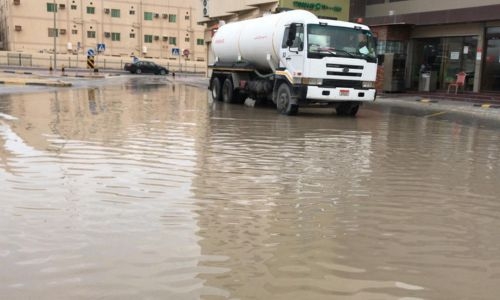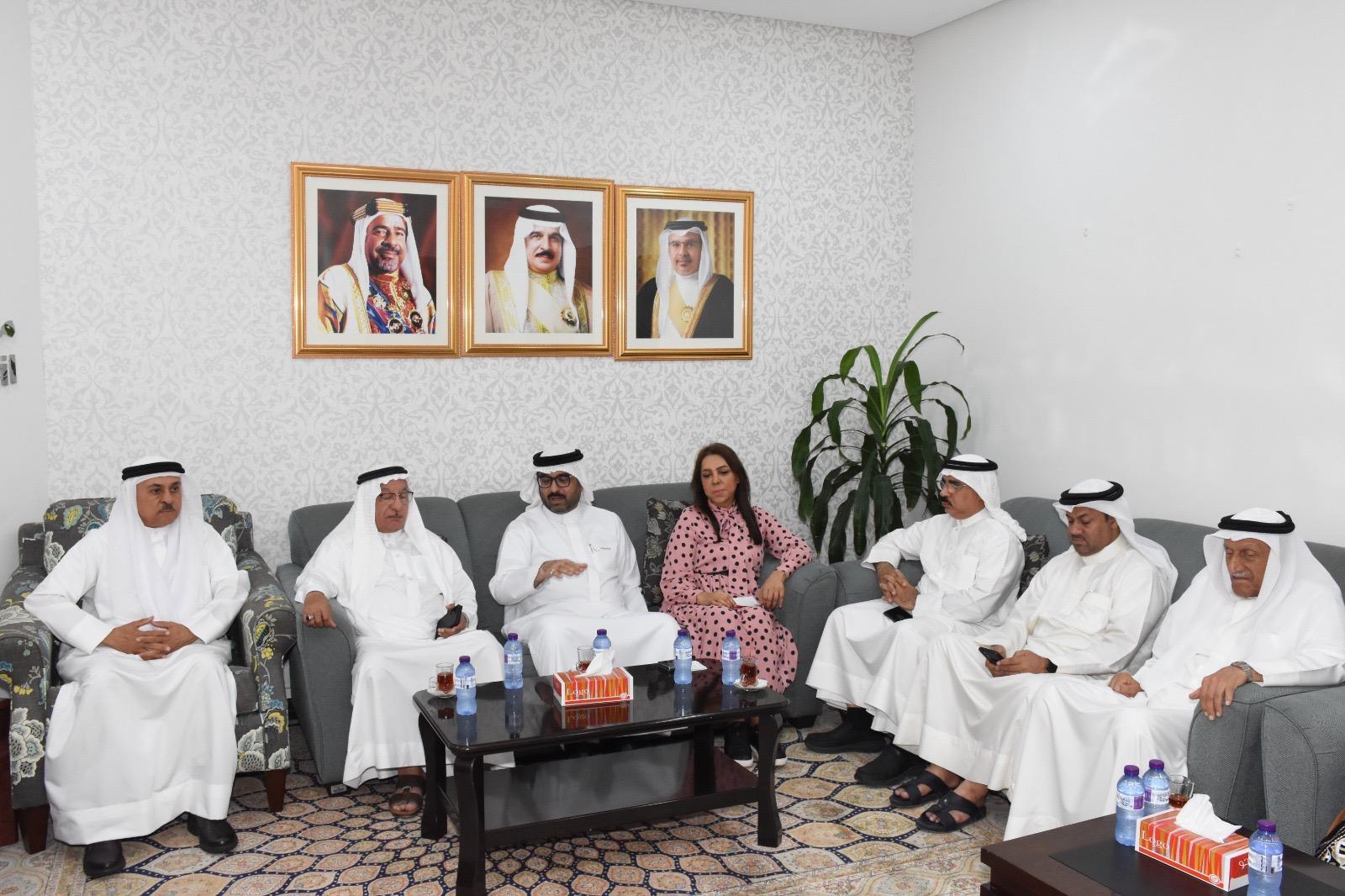Capital Prepares for Heavy Rain Challenges
TDT | Manama
The Daily Tribune – www.newsofbahrain.com
Email: ashen@newsobahrain.com
Eight extra pumps, a fleet of tankers, and teams of inspectors are on standby across the capital governorate as Bahrain prepares for a potentially tumultuous rainy season. Drawing lessons from the severe flooding that wreaked havoc last April—particularly in Sanad, Nuwaidrat, and Sitra—officials are introducing a new strategy to protect vulnerable communities from the threats posed by heavy rainfall.
The Capital Municipal Council held a session Today titled ‘Preparation for the Rainy Season,’ bringing together officials from the Ministry of Works and the Capital Municipality to discuss measures aimed at mitigating the impact of downpours. This followed a similar meeting on 25 September that sought to review the preparations in place for the rain.
Engineer Saleh Tarrada, Chairman of the Capital Municipal Council, opened the meeting with a call for collaboration between various government departments and civil society. He stressed the importance of creating effective response plans to protect infrastructure and ensure residents’ safety.
Dr Kholoud Al Qattan, Vice Chairperson of the Council, echoed this call for teamwork, noting that only through a concerted effort between authorities and the public can the challenges of the rainy season be properly managed. She urged residents to stay informed and take preventive measures to safeguard themselves and their families.
The session covered a range of topics, including ongoing improvements to water drainage systems and the readiness of infrastructure for heavy rain. Officials also reviewed operational plans aimed at tackling flooding and reducing water accumulation in key areas.
Yusef Al Bannaa from the Ministry of Works stated, ‘The Capital Municipality’s team comprises 15 staff members, including eight inspectors and a fleet of eight tankers, alongside eight additional pumps at the ready. We are constantly reviewing data from previous years and monitoring roads that have undergone recent repairs by the Ministry.’
He acknowledged past drainage issues, particularly during April’s downpours, saying, ‘Sanad, Nuwaidrat, and Sitra have experienced the most damage, but we have redirected tankers to these areas and received additional support from other governorates.’
MP Ahmed Al Salloom called for a comprehensive rainwater drainage plan, reflecting on the drastic changes over the past 30 years. ‘There were no strategic plans for rainwater drainage back then, but now we must confront the challenges posed by land reclamation and the constant development of housing projects.’
He also noted that there are budget allocations in the pipeline, following discussions with the Ministry’s undersecretary.
MP Ahmed Al Salloom advocated for a comprehensive rainwater drainage plan, reflecting on the considerable changes over the last 30 years. ‘There were no solid plans for rainwater drainage back then, but now we must tackle the issues caused by land fill and the ongoing expansion of housing developments.’
He also mentioned that budget allocations are on the way, following discussions with the Ministry’s undersecretary.
MP Al Salloom stressed the importance of attending meetings of the Capital Municipal Council, stating, ‘They address urgent matters and bring together ministries to serve our citizens better.’ He pointed out that discussions on rainwater management are part of a national initiative taken up by the Cabinet to roll out a rainwater drainage plan across Bahrain in stages. ‘Given the realities of climate change and increased rainfall, this work is crucial in reducing our reliance on desalination.’
Al Salloom assured that budget allocations for these essential projects are on the way, stressing their importance in ensuring a reliable water supply. ‘With the global issue of water scarcity, capturing rainwater during the season will provide us with essential drinking water and assist with other uses.’
As the session drew to a close, the Capital Municipal Council reiterated the necessity for continuous dialogue to ensure that plans remain pertinent in light of changing weather patterns. They stressed the importance of involving all parties to guarantee a safe and disruption-free rainy season.
Related Posts


